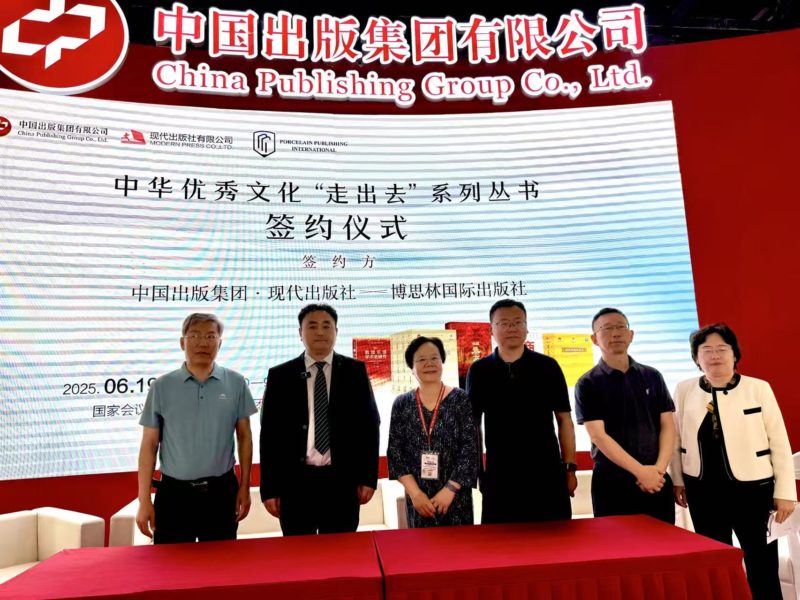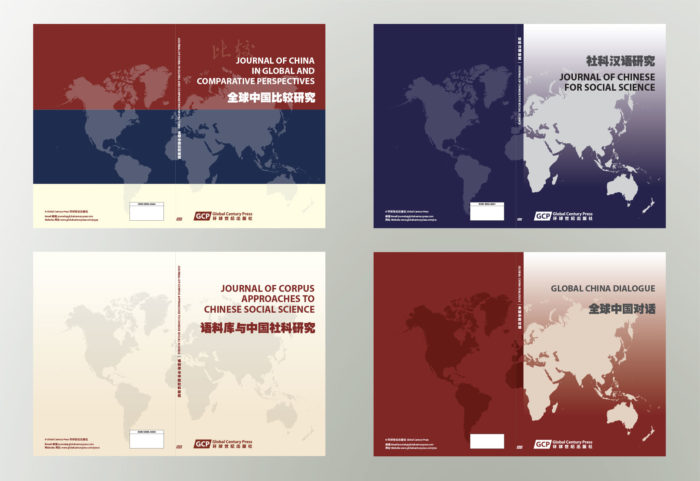
环球世纪出版社期刊专题与论文征稿启事
These photos selected from new GCA fellowships award seremoney at At the dinner celebrating the conclusion of the 8th Global China Dialogue and the 10th Anniversary of the Global China Academy.

Call for Journal Themes and Paper Submissionsfrom Global Century Press
These photos selected from new GCA fellowships award seremoney at At the dinner celebrating the conclusion of the 8th Global China Dialogue and the 10th Anniversary of the Global China Academy.
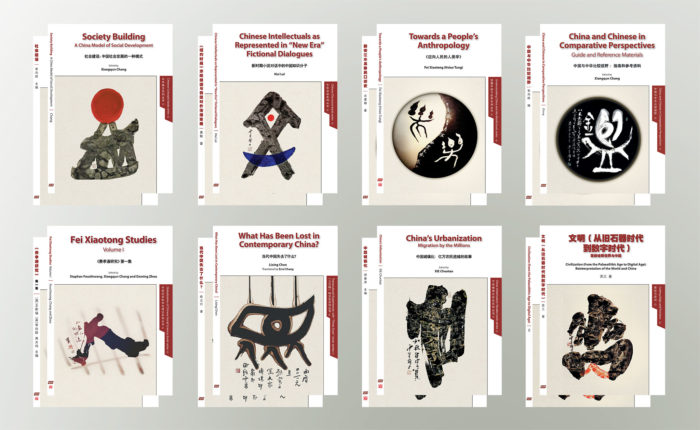
征集书稿与出版提案:环球世纪出版社图书系列
These photos selected from new GCA fellowships award seremoney at At the dinner celebrating the conclusion of the 8th Global China Dialogue and the 10th Anniversary of the Global China Academy.

Call for Proposals or Manuscripts:Global Century Press Book series
These photos selected from new GCA fellowships award seremoney at At the dinner celebrating the conclusion of the 8th Global China Dialogue and the 10th Anniversary of the Global China Academy.

全球中国学术院驻院志愿者/实习生招募启事
These photos selected from new GCA fellowships award seremoney at At the dinner celebrating the conclusion of the 8th Global China Dialogue and the 10th Anniversary of the Global China Academy.

Call for Volunteers / Voluntary Trainees in Residence at the Global China Academy
These photos selected from new GCA fellowships award seremoney at At the dinner celebrating the conclusion of the 8th Global China Dialogue and the 10th Anniversary of the Global China Academy.
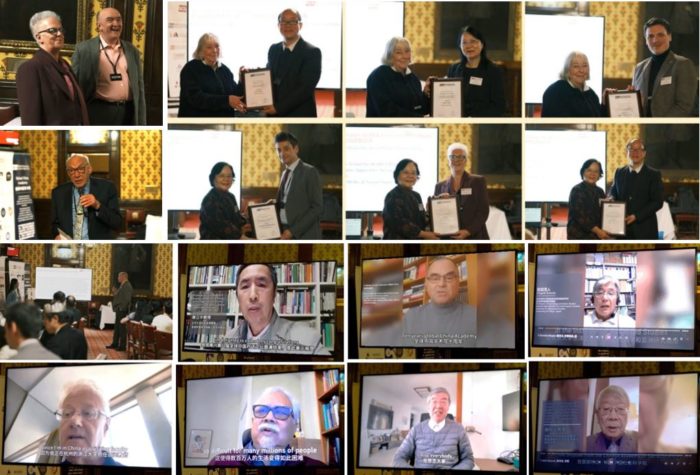
全球中国学术院院士推荐/申请邀请
These photos selected from new GCA fellowships award seremoney at At the dinner celebrating the conclusion of the 8th Global China Dialogue and the 10th Anniversary of the Global China Academy.

An Invitation for Recommendations / Applications: Global China Academy Fellowships
These photos selected from new GCA fellowships award seremoney at At the dinner celebrating the conclusion of the 8th Global China Dialogue and the 10th Anniversary of the Global China Academy.
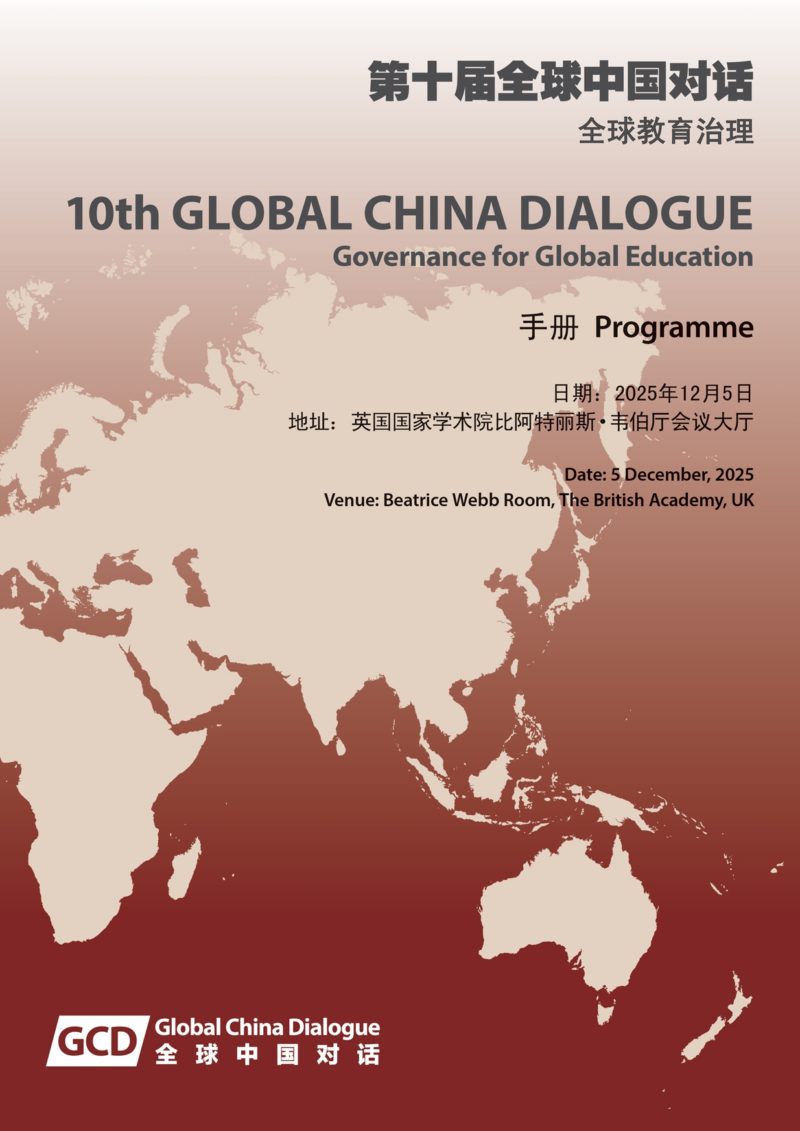
第十届全球中国对话——全球教育治理
第十届全球中国对话论坛会议通知
继成功地举办了九届全球中国对话论坛Global China Dialogue Fourms 之后,第十届全球中国对话——全球教育治理,将于2025年12月5日(星期五)在英国国家学术院(British Academy)举行。本届对话将聚焦如何通过政策协同、国际合作、公平保障、质量提升与制度创新,推动全球教育的可持续发展。
教育作为实现社会公正、促进全球共同繁荣、应对未来变革的重要基石,日益依赖跨国合作、多方参与与科技赋能。尤其是在人工智能、大数据等新兴技术深刻重塑教育模式与学习生态的背景下,全球教育治理正面临前所未有的机遇与挑战。
本届对话将搭建一个多元交流的平台,汇聚政策制定者、学者、教育工作者、企业代表和国际组织,共同探讨全球教育治理的新理念、新机制与新路径。
本届对话主办单位
- 英国全球中国学术院
- 英国兰卡斯特大学ESRC语料库社科研究中心
- 英国埃克塞特大学人文、艺术和社会科学学部
- 中国北师香港浸会大学中华文化传播研究院
本届对话组委会
主席
- 托尼·麦肯勒里 Tony McEnery 教授,全球中国学术院院士及理事会主席,英国社科院院士及理事会理事,英国皇家艺术院院士;兰开斯特大学语言学和英语语言学系杰出教授
- 常向群教授,英国皇家艺术院院士;全球中国学术院院士及院长;伦敦大学学院荣誉教授(2015-20),中国南开大学特聘教授
- 李利教授,英国埃克塞特大学协理副校长(全球事务),人文、艺术与社会科学学部教授;中英人文高等教育联盟(UCHAHE)英方副秘书长
- 黄煜教授,中国北师香港浸会大学 (BNBU) 协理副校长,中华文化传播研究院常务副院长
秘书长
- 李伯一教授,全球中国学术院副院士及中方理事会秘书;南京财经大学工商管理学院教授
- 梁凯先生,全球中国学术院项目专员;英国 MELScience 商务总监
成员(按姓氏拼音顺序)
- 邴正教授,全球中国学术院院士及理事会中方主席、吉林大学前常务副校长、中国社会学会前副会长
- 程原博士,全球中国学术院信托人会信托人;罗盛咨询公司大中华区主席
- 马丁·雅克 Martin Jacques 教授,全球中国学术院院士,英国学者、记者、政治评论员及作家;兼任英国及中国多所知名大学的高级研究员和客座教授
- 李嵬教授,英国学术院院士,英国社科院院士,英国皇家艺术院院士,全球中国学术院院士及理事会非执行主席;伦敦大学学院教育与社会学部部长
- 巴纳比·鲍威尔 Barnaby Powell 先生,英国英中理解协会理事会成员
- 罗兰Laurence Roulleau-Berger教授,全球中国学术院院士和欧洲事务副院长;法国国家科学研究中心(CNRS)研究主任;法国里昂高等师范学院社会科学研究中心教授。
- 彼得·施罗德 Peter Schröder 教授,全球中国学术院院士及副院长;伦敦大学学院历史系欧洲与国际社会和政治研究教授
- 埃琳娜·塞米诺 Elena Semino 教授,英国社科院院士,英国皇家艺术院院士,兰开斯特大学语言学和英语语言学系教授, ESRC语料库社科研究中心前主任
- 园田茂人Shigeto Sonoda 教授,全球中国学术院院士及副院长(亚洲事务负责人);日本东京大学亚洲高级研究所比较社会学与亚洲研究教授
- 谢立中教授,全球中国学术院院士及中方院长,北京大学社会学人类学研究所前所长和社会学系前主任、中国社会理论研究会前会长
- 张晓东教授,南京财经大学创新创业研究院院长;敏捷智库总裁;全球中国学术院中方非执行主席
本届对话四大版块
- 治理模式创新与技术赋能:本版块探讨协同治理、模式创新以及人工智能、大数据与数字平台在教育中的应用。同时也将关注全球数字鸿沟及人工智能在弥合或加深教育不平等方面的双重作用。尽管技术进步有潜力带来巨大的经济利益,但目前全球仍有约26亿人无法上网,这加剧了不平等与贫困问题。此外,论坛将比较不同制度背景下对教育技术采纳与监管的模式差异,探讨技术在多元治理结构中是如何与本地文化逻辑互动,形成不同的教育创新路径。
- 教育公平、包容与质量保障:本版块聚焦于权利保障、研究诚信的推动,以及通过评估、认证和教师培训提升教育质量。议题将涵盖因贫困、性别、地理和冲突等因素造成的教育鸿沟,并探讨在危机情境中如何保障教育的持续进行。研究显示,全球教育体系中大量使用源于西方规范的课程内容,可能削弱本地语言、传统与知识体系。此外,在缺乏对教育背景(如新儒家传统)理解的前提下进行全球教育教学,会加剧国际学生适应不同教学体系的困难。性别差距亦为核心问题之一,基础教育及高等教育中不平等的受教育机会仍然严重。本版块将鼓励对比研究不同教育制度下如何定义和衡量“公平”与“质量”,反思多样文化语境中全球教育标准的可移植性与适应性。
- 全球教育政策与国际合作:本版块将探讨政策框架、国际组织的角色,以及通过大学联盟与数字平台实现的跨国合作。讨论将聚焦于如何在推动全球胜任力的同时,保持文化相关性和本土知识体系。例如,英语在全球教育中的主导地位引发了对多语教育价值及本地语言保护的担忧。多语种教育有助于构建包容性社会,并在保护非主流、少数族裔及原住民语言方面具有关键作用。此外,本版块将比较不同国家在高等教育治理中对学术自由、语言政策及国际合作机制的制度安排与文化理念,探索教育全球化中的差异性路径与治理逻辑。
- 教育融资与可持续发展:本版块关注教育融资机制、国际援助,以及教育与科技、产业融合以支持创新与包容性增长。全球教育融资面临一系列关键问题,尤其是议程的主导权应由政府、捐助方还是私人机构掌握?教育资金不足严重威胁可持续发展。若要在2030年前实现可持续发展目标第4项(SDG4),低收入及中低收入国家每年仍存在970亿美元的融资缺口。本版块亦将探讨不同国家或地区在教育投入模式、政府与市场角色、资源分配原则等方面的制度变迁与文化基础,为理解教育融资的全球多样性提供比较视角。
通过多元视角和跨界对话,第十届全球中国对话旨在为全球教育治理贡献中国智慧与国际经验,携手构建一个更加公平、优质、包容和可持续的全球教育生态。
- 2025年7月31日:提交主题摘要的截止日期。
- 2025年11月8日:演讲者提交演讲稿和PPT的截止日期。
- 2025年11月11日:注册的最终截止日期。
- 2025年11月25日:提供英文、中文和双语版本的会议程序下载。
- 2025年12月5日:第十届全球中国对话正式举行。
- 会议记录将于2026年出版,包含转录记录、双语翻译和编辑内容。
我们诚邀来自不同学科、领域和地区的投稿,深入探讨技术与社会转型时代全球教育治理所面临的挑战与机遇。
同时,我们也欢迎机构单位根据我们制定的《合作单位指南》参与本次对话,担任联合主办、协办、支持或赞助单位。
- 联系人:梁凯
- 邮箱:dialogue@gca-uk.org 或 info@globalchinaacademy.org
相关信息

